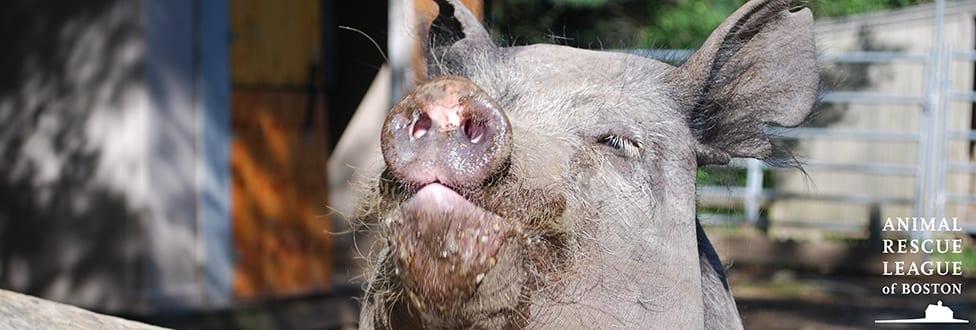A Special Request from Mary Nee…
Dear Friends,
In 2016 ARL’s 117 years of skill and experience was called to action time and time again—
ü Mobilizing an emergency clinic to vaccinate cats in Boston, protecting them from a fatal panleukopenia outbreak,
ü Expanding mobile spay and neutering services to an underserved neighborhood in New Bedford,
ü Finding over 2,380 animals new adoptive homes,
ü Successfully advocating for important legislation that adds further protection to companion animals and farm animals in Massachusetts and,
ü First on the scene and sounding the alarm to what is believed to be the Northeast’s largest case of farm animal abuse and neglect in Westport, MA.
ARL takes action for animals in need and the people who care about them. We do this through our exceptional veterinary services and animal care, by connecting with communities where animals live, and by advocating for laws and policies to protect and prevent animal abuse.
For these reasons and more I am very proud to be part of this amazing organization. This pride not only guides my daily work but also my family’s charitable giving.
Like many of you, my husband Jim and I have supported several worthwhile charities, including those that fight to end homelessness, improve education for underprivileged children, and combat hate crimes.
My firsthand experience over the past four years has moved us to add ARL as a priority for our charitable giving. We are contributing a leadership gift because we believe that the work of ARL is an essential part of the society we want to live in; one that is humane and compassionate to all.
I am hoping you will join us and lend your support at this time. As we approach year-end, we still need to raise more than $500,000 by December 31 to meet our budget.
Please give as generously as you can and let us start the new year with the resources to respond whenever we receive that call for animals in need.
Click to the red button below to…
Thank you and best wishes for a happy and healthy New Year.
Sincerely,

Mary Nee
President, Animal Rescue League of Boston
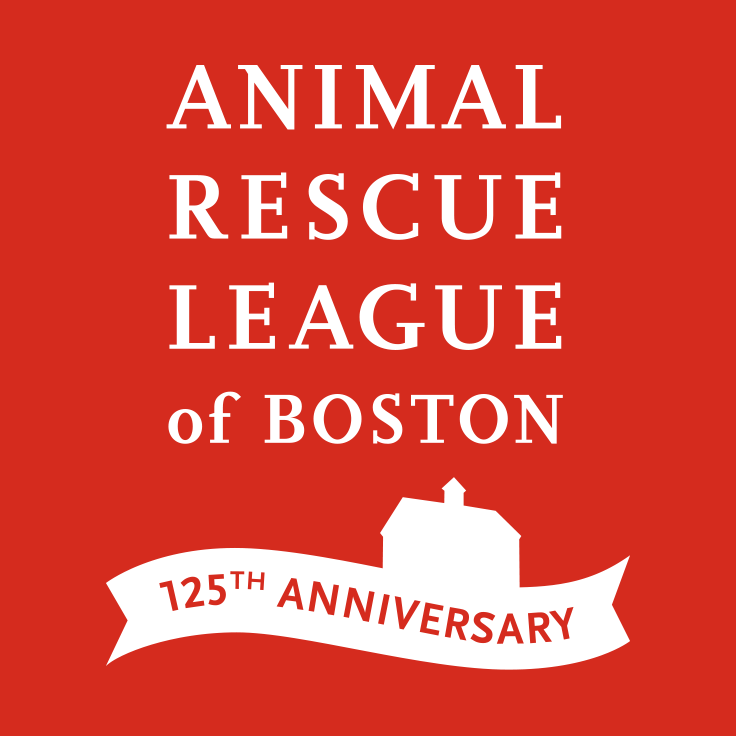
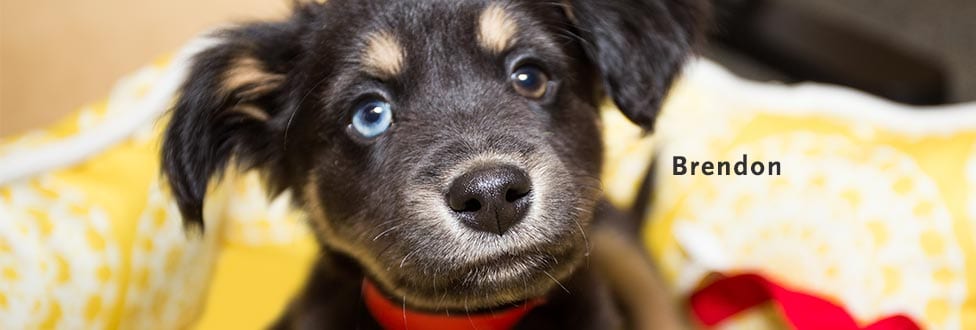
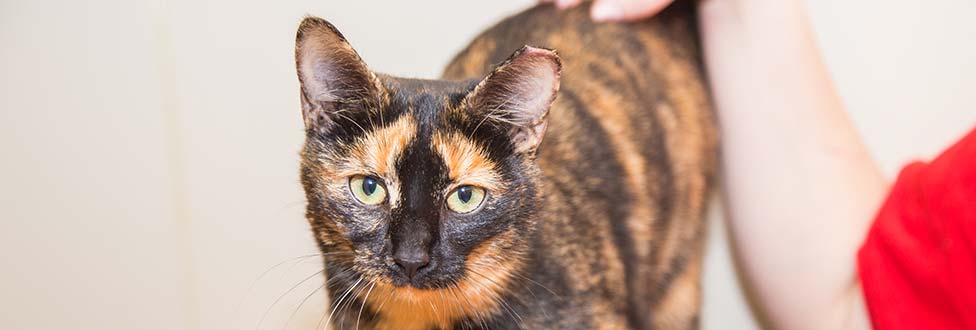



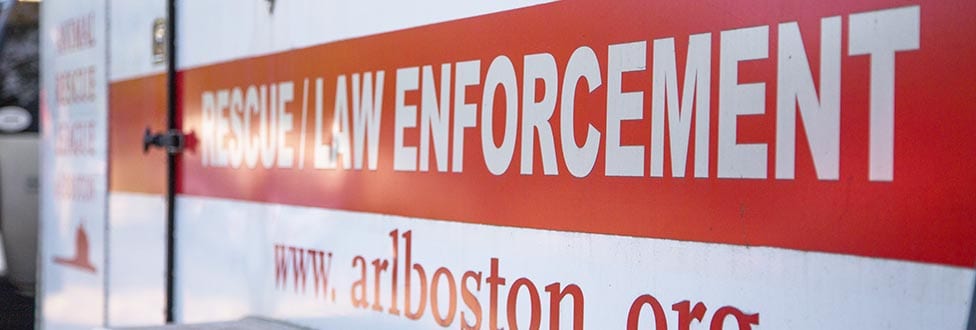

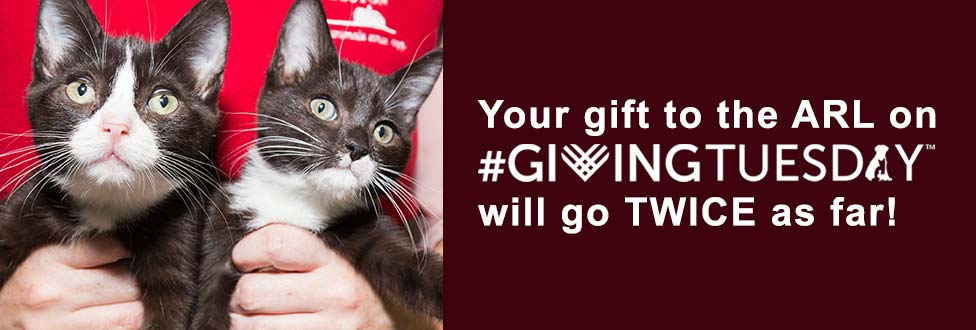


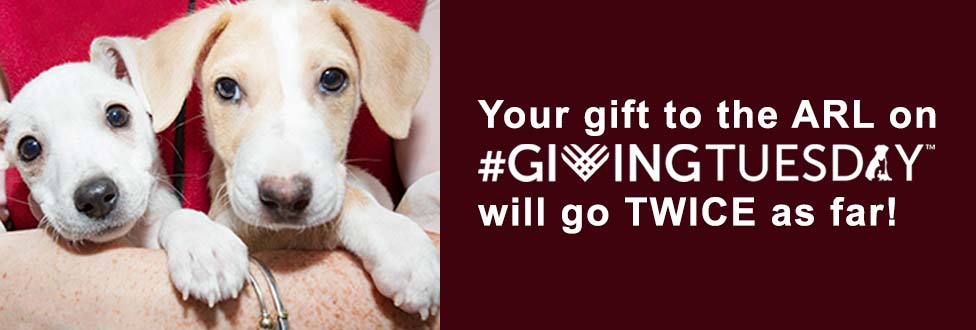



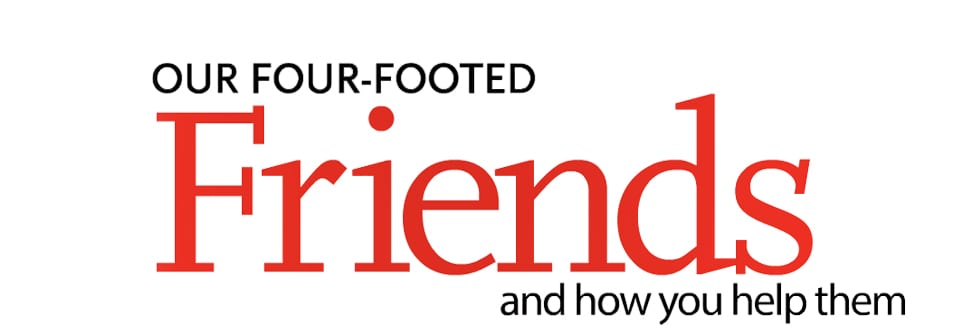

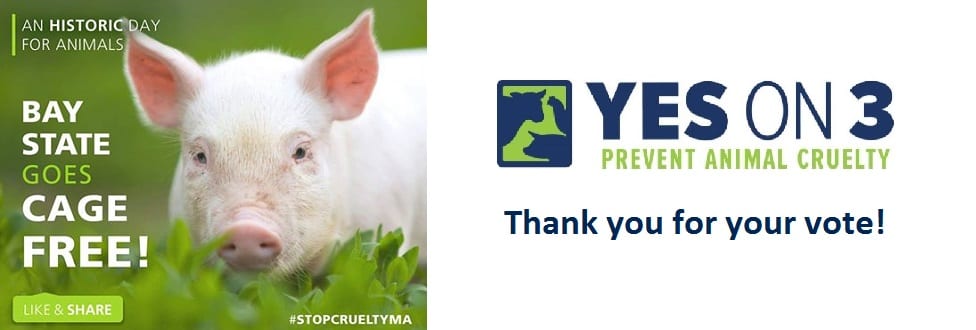
 Click here
Click here